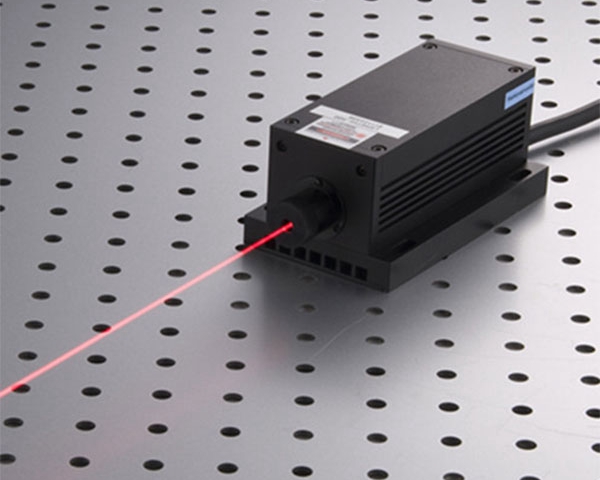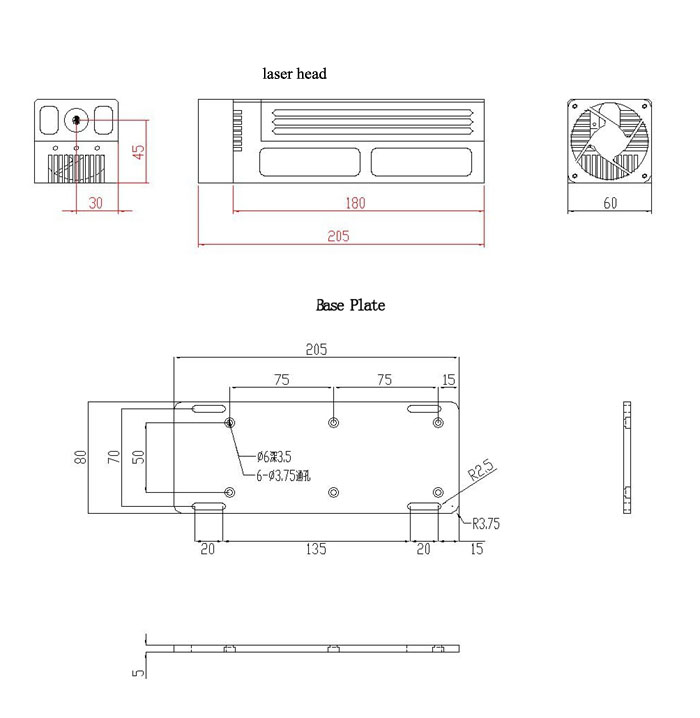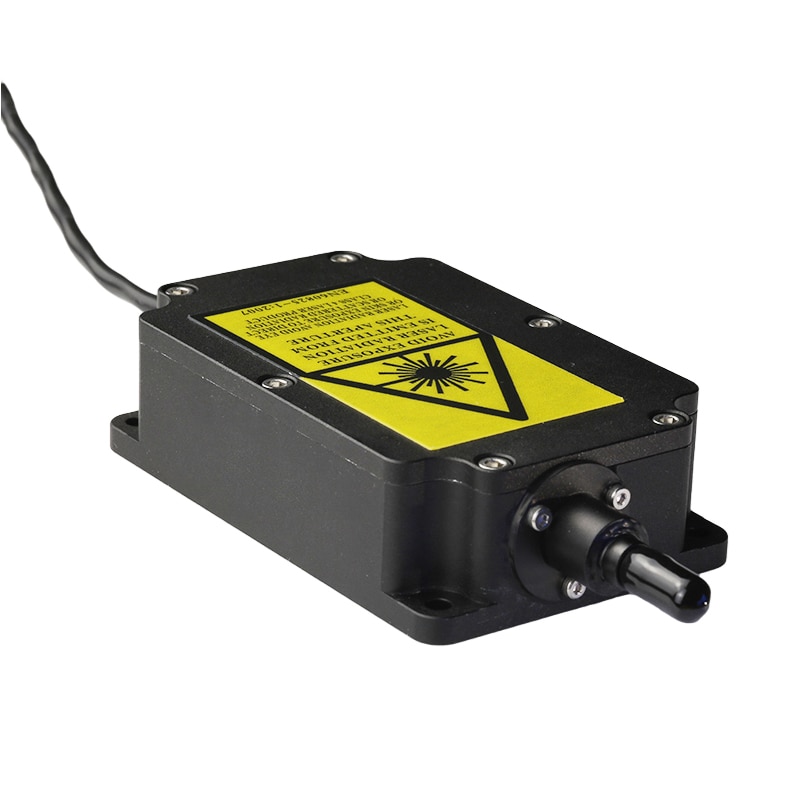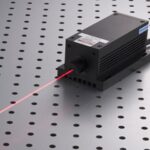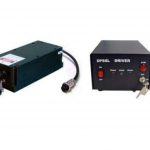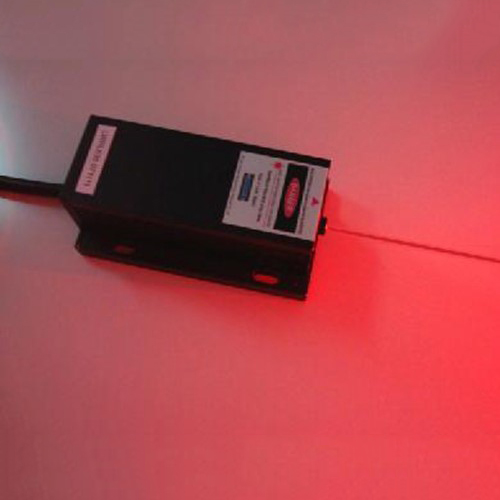Description
660nm DPSS Red Diode Laser Max Output Power 1W-2W for Laser Induced Plasmon Resonance
Stable and adjustable output power
Over-temperature and over-current protection
External modulation available
Suitable for scientific research, laser precision measuring, laser show applications, etc
Wavelength (nm): 660nm+-5
Output Power (mW): 1000~2000
Working Mode: CW
Beam Mode: Quasi TE00
Spectral Linewidth (nm): <1.5
Polarization: Line polarization
Polarization Ratio: >50:1
Beam Quality (M2 factor): <1.0
Beam Divergence (full angle, mrad):Square, ~6.0-6.0
Beam Diameter at Aperture (mm): 3.0-4.0
Power Stability (RMS, over 8 hours): <5%
Aperture Position (mm): 45
Laser Head: Dimensions (L-W-H, mm)205 x 60 x 60;Net Weight (kg)0.8;
Integrated Driver Model: VD-I Series / VD-II Series
External Modulation: 5V TTL / 5V Analogue
Modulating Frequence: 30KHz TTL / 10KHz Analogue
Cooling System: TEC
Warm-up Time (minutes): <15
Operation Temperature: 18~30
Expected Lifetime (hours): >10000
Warranty Time: 1 year
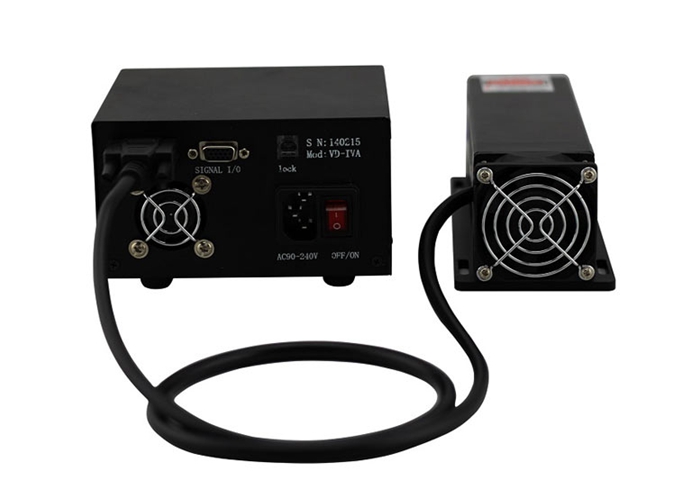
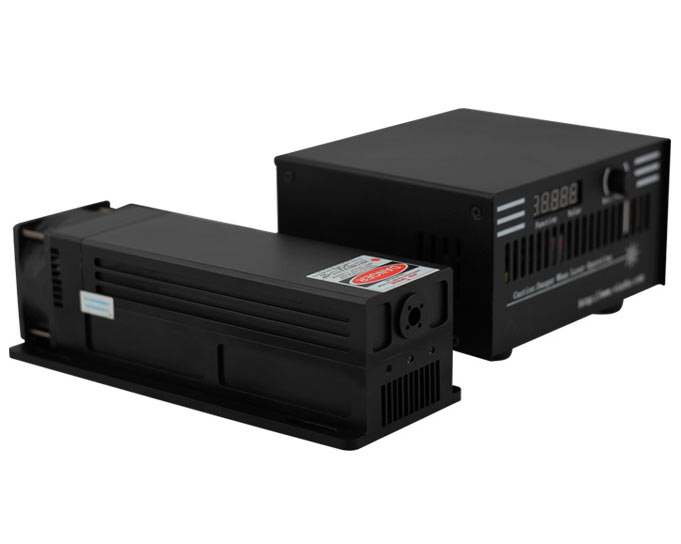
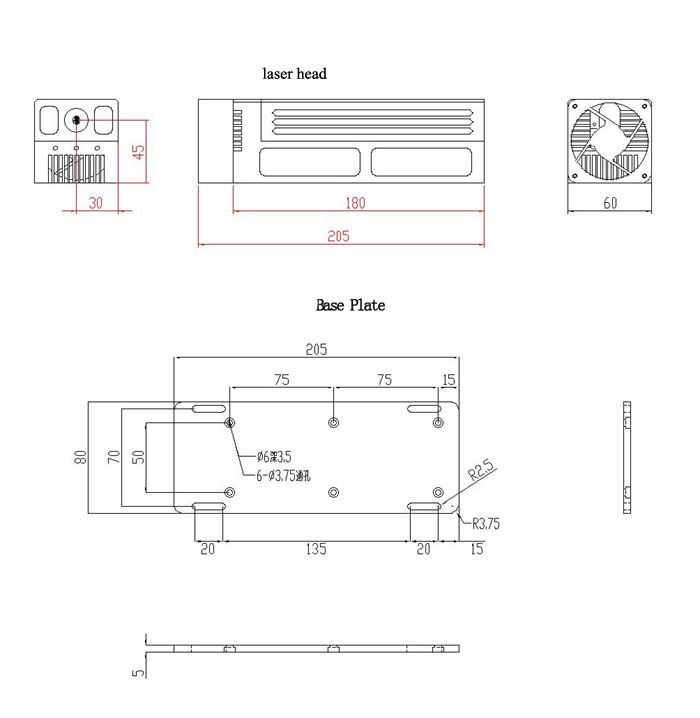
Surface plasmon resonance (SPR) is the collective oscillation of conduction band electrons that are in resonance with the oscillating electric field of incident light, which will produce energetic plasmonic electrons through non-radiative excitation.
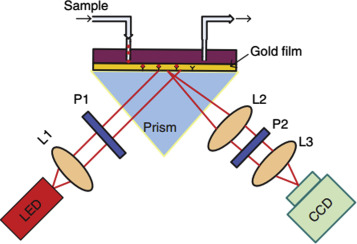
Surface plasmon resonance (SPR) binding analysis methodology is used to study molecular interactions. SPR is an optical technique for detecting the interaction of two different molecules in which one is mobile and one is fixed on a thin gold film
